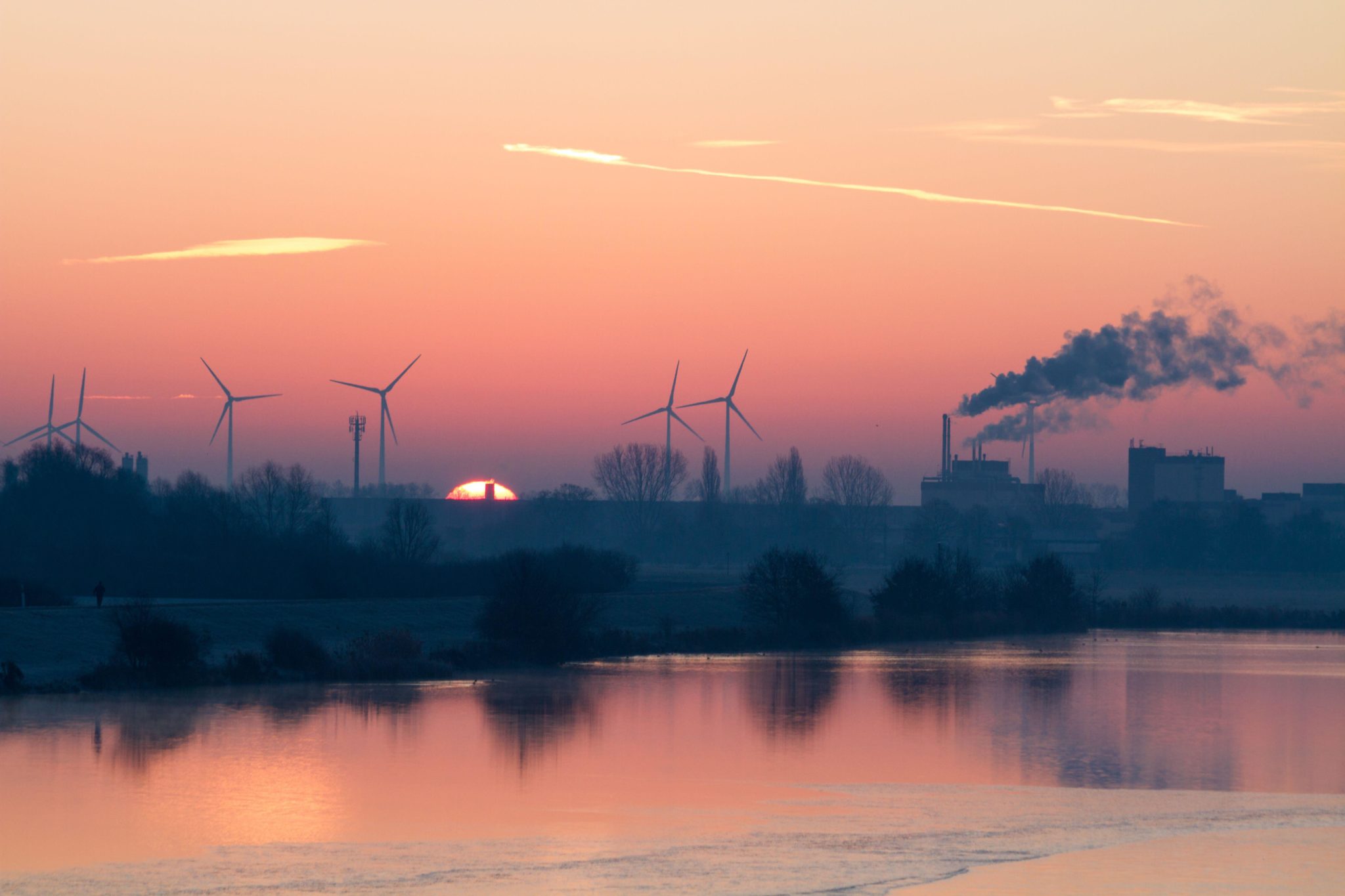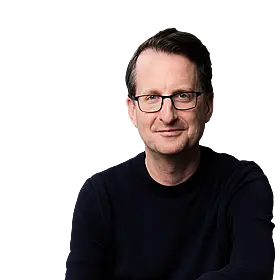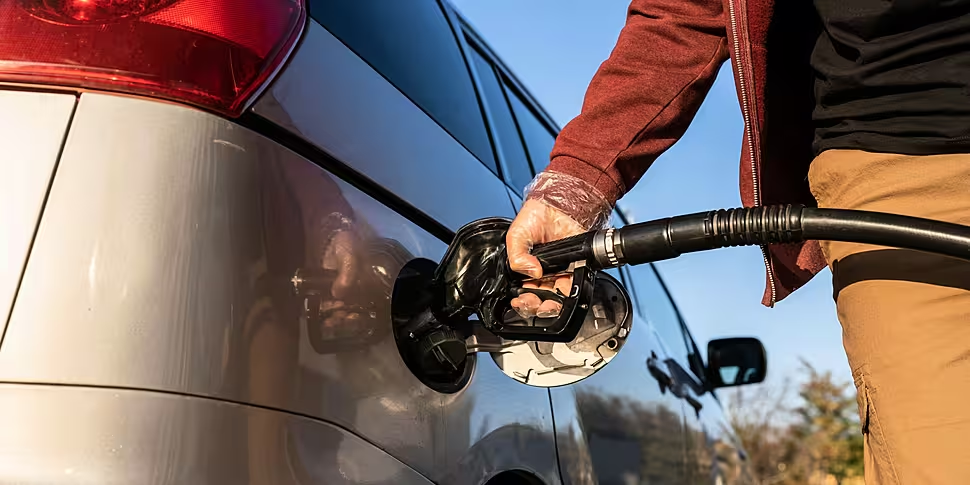Ireland will save €8 billion a year when it reaches ‘net zero’ climate emissions target and stops importing fossil fuels, a leading environmentalist has said.
Currently, Ireland imports the vast majority of the fossil fuels we burn every year.
The Government has committed the country to reaching net zero carbon emissions by 2050 – a target that will require a huge increase in local renewable energy generation.
On The Pat Kenny Show this morning, UCD Assistant Professor Cara Augustenborg said the change will be transformative for the Irish economy.
“If you look at all the things that you need to do for climate change, they all have really important co-benefits when it comes to public health, when it comes to economic growth and development,” she said.
“If you look at Ireland alone, we’re spending €1 million per hour on buying fossil fuels from other countries.
“If we could save that €8 billion a year, how many children’s hospitals and how many new schools that we could build with that money.”
Runaway climate change
Over the weekend, Transport Minister Eamon Ryan warned the Patrick MacGill summer school in County Donegal that the world is at risk of tipping into irreversible “runaway climate change” if it does not act within the next five years.
Although world leaders have agreed to try and cap global temperature rises at 1.5°C above industrial levels, it looks likely this target will be breached.
This year alone, the temperature has already breached the 1.5°C target - but scientists believe this is likely due to the El Niño weather phenomenon.
“We expect that we might drop slightly below 1.5 again as we come out of this El Niño year,” Professor Augustenborg said.
“But as we know, climate and weather are very different, so when we talk about that 1.5 degree temperature limit, we’re talking about it over a longer period of time.
“Climate is usually about a 30-year timeframe - as opposed to just one year.”
 Wind turbines alongside a smoke stack. Picture by: Felix Busse / Alamy Stock Photo
Wind turbines alongside a smoke stack. Picture by: Felix Busse / Alamy Stock PhotoProfessor Augustenborg said that if the planet does heat permanently above 1.5°C then the impact will be “immense”.
“They’re not just environmental impacts like ocean acidification or deoxygenation of the ocean or extreme weather or flooding,” she said.
“There are also socio-economic impacts and health impacts, impacts on morality, food production.”
'Easy in one sense'
Currently, 91% of global emissions come from the use of fossil fuels and Professor Augustenborg said transitioning towards renewable sources is the single biggest thing humanity can do to help the planet.
“That sounds easy in one sense but we know that fossil fuels impact everything we do,” she said.
“They’re in our clothing in the form of plastic, in our packaging, they’re part of our transport sector, our electricity sector.
“So, it’s not that easy but, certainly, moving our electricity sector to a full renewable system and moving our transport system to a full electrified system that can avail of that renewable energy would make really big changes.
“Of course, in Ireland we’re unique in that 37% of our emissions comes from agriculture - most developed countries don’t have quite that high a proportion coming from agriculture.”
Despite the difficulty of the task, Professor Augustenborg said humanity has “come a really long way” in just the past five years alone and she still has “hope” for the future.
You can listen back here:
Main image: A man holding a petrol pump nozzle refueling petroleum his vehicle. Picture by: Miljan Živković / Alamy Stock Photo









